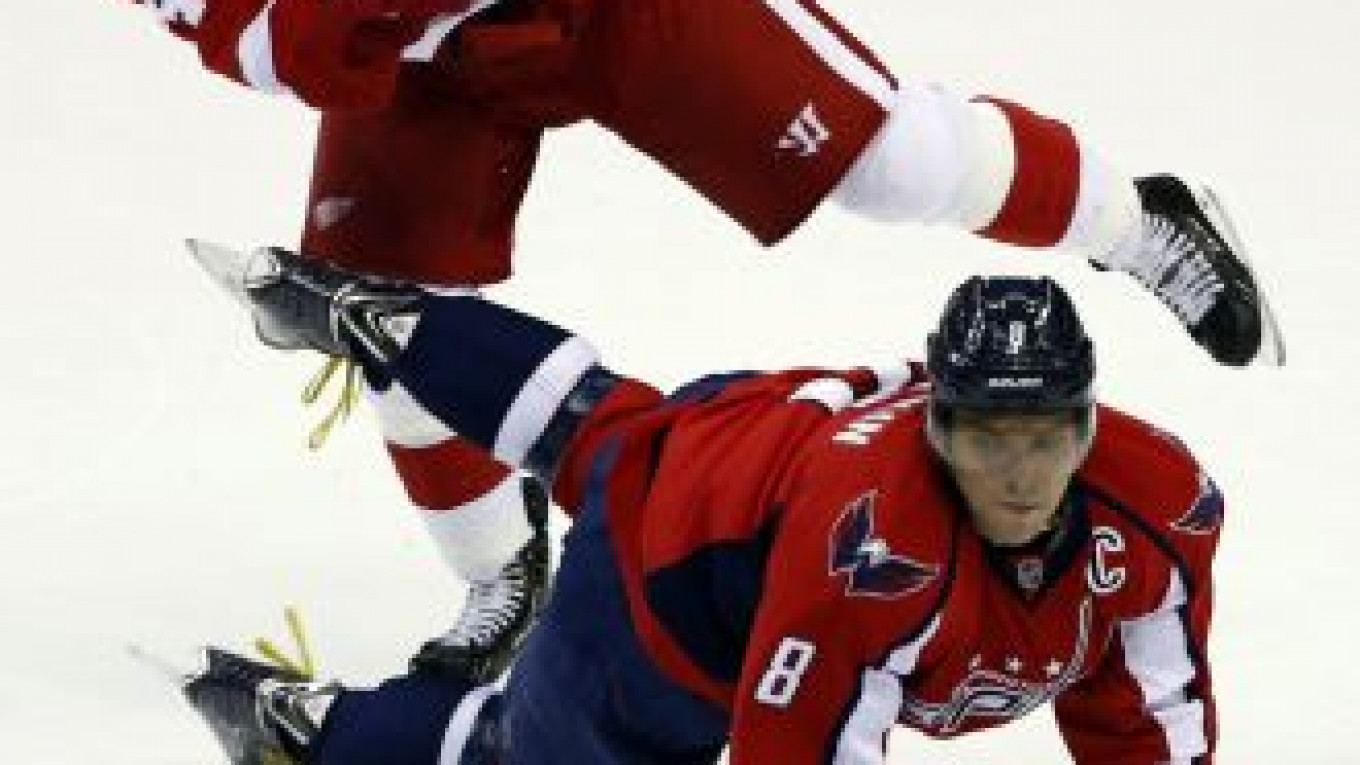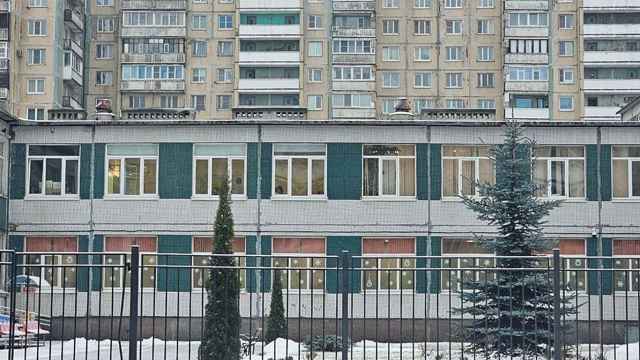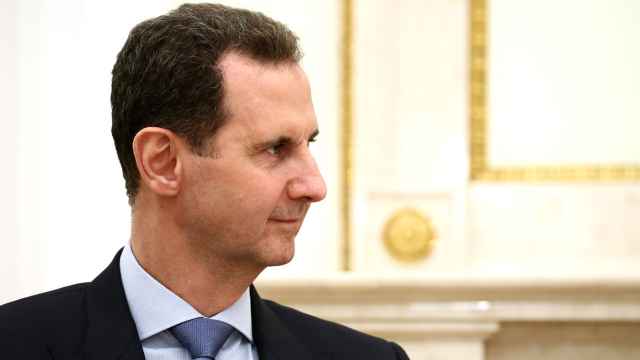President Vladimir Putin can only hope and dream that the country's men's ice hockey team can deliver the show-stopping golden finish to the Sochi Olympics that Canada did four years ago.
As final acts go, the 2010 Vancouver Winter Games will be hard to top with Sidney Crosby scoring the winning goal against the U.S. to crown Canada Olympic hockey champions hours before the closing ceremonies.
The victory added one last glorious gold to a Winter Games record haul of 14 and fittingly, the milestone medal was the one that mattered more than any other to hockey-mad Canadians.
If there is one country in the world where the sport matters as much as it does to Canadians, it is Russia, and Putin would like nothing more than to bring the curtain down on the most expensive Olympics ever with a chest-thumping party sweeping across the massive nation's nine time zones.
Certainly, Russian hockey fans are ready to party, having had precious little to celebrate since the breakup of the former Soviet Union.
Once international hockey's undisputed superpower, Russia's dominance has faded.
Winners of six of seven Olympic titles from the 1964 Innsbruck Games to Calgary in 1988, the last traces of the mighty Russian hockey empire were seen at the 1992 Albertville Winter Games when a "Unified Team" of former Soviet republics took the gold.
In the five Winter Olympics since, Russia has had to settle for one silver and a bronze while slumping to a new low in Vancouver with a sixth place finish.
Russian hockey players, led by National Hockey League three-time most valuable player Alexander Ovechkin, come to Sochi on a gold medal mission.
In many ways Ovechkin is not just the face of Russian hockey, he is the face of the Sochi Olympics, a proud Russian who was prepared to defy the NHL and risk his $124 million contract with the Washington Capitals to be part of the 2014 Winter Games.
While the NHL waffled on whether it would continue its Olympic participation, Ovechkin had no such hesitation declaring no matter what the league decided, he had made his decision and would be in Sochi.
"It is all about the gold," Ovechkin told Reuters. "We have a goal to win the gold medal and we are going to try to win it.
"I can't wait. I am excited and nervous but right now I am trying not to concentrate about it.
"I am pretty sure it is going to be really interesting and great fun. Fun and interesting is one part, but we have to win."
While Putin suited up and practiced with a Continental Hockey League team, Canadian Prime Minster Stephen Harper was putting the finishing touches on a hockey book that was published last year.
Canada will try to write another feel-good ending of their own like they did in Vancouver as they go for a third gold in four Winter Games.
Once again, Canada will be led by a rejuvenated Crosby, "Sid the Kid," back at the peak of his powers and the NHL scoring table, after missing large chunks of two seasons recovering from concussion woes.
Detroit Red Wings coach Mike Babcock, who steered Canada to gold in 2010, is back behind the bench and ready to be the most scrutinized, second-guessed Canadian in Sochi.
"It is different when you represent your country," said Babcock. "It is a special, special thing that happens every four years and everyone who gets a chance to be involved whether you are a therapist, an Olympian or a medallist, it is a thrill of a lifetime."
Not to be overlooked is the U.S., who will ice a motivated team that includes 13 players that lost in such cruel heartbreaking fashion in Vancouver.
The Americans have not won gold since the 1980 Lake Placid Miracle on Ice but should be among the contenders again after runner-up finishes at two of the last three Winter Games.
The big international ice has presented big problems for both the Canadian and U.S. teams packed with NHLers, who grew up playing the game on the smaller surface.
With more room to maneuver, speed and creativity are at a premium on the larger Sochi ice rather than the tight-checking physical style seen at NHL arenas.
Canada and the U.S. have met in the finals of the last two Winter Games staged on the smaller ice but since the 1998 Nagano Olympics, the first to allow NHLers, neither country has reached the podium when the tournament has been played on bigger ice.
Sweden, Finland and the Czech Republic will all fancy their medal chances on the larger surface.
The Czech Republic stunned the hockey world by taking gold at Nagano while the Swedes were crowned Olympic champions in 1994 and 2006.
Finland will also be in the medal hunt having reached the podium at four of the last five Games.
Some of international hockey's biggest names will take one final stab at Olympic glory in Sochi.
The Anaheim Ducks' Teemu Selanne, the 43-year-old Finnish Flash, will be appearing in a sixth Olympics, while 41-year-old Jaromir Jagr, a member of the Czech Republic's gold medal winning team in 1998, and 41-year-old Swede Daniel Alfredsson, a gold medal winner in 2006, will both be lacing the skates up for their fifth Winter Games.
A Message from The Moscow Times:
Dear readers,
We are facing unprecedented challenges. Russia's Prosecutor General's Office has designated The Moscow Times as an "undesirable" organization, criminalizing our work and putting our staff at risk of prosecution. This follows our earlier unjust labeling as a "foreign agent."
These actions are direct attempts to silence independent journalism in Russia. The authorities claim our work "discredits the decisions of the Russian leadership." We see things differently: we strive to provide accurate, unbiased reporting on Russia.
We, the journalists of The Moscow Times, refuse to be silenced. But to continue our work, we need your help.
Your support, no matter how small, makes a world of difference. If you can, please support us monthly starting from just $2. It's quick to set up, and every contribution makes a significant impact.
By supporting The Moscow Times, you're defending open, independent journalism in the face of repression. Thank you for standing with us.
Remind me later.






